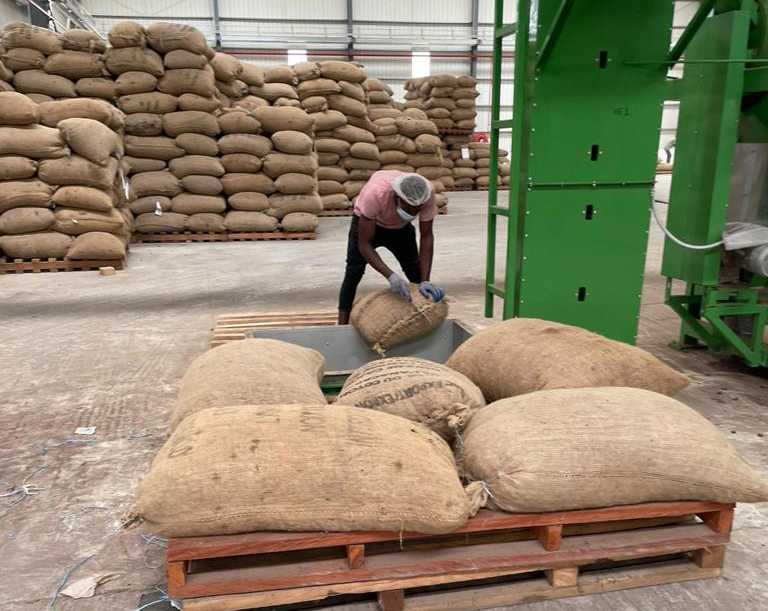Malaysian palm oil futures gained ground on Wednesday, driven by stronger performances in related Asian markets and a parallel rise in crude oil prices. The benchmark contract for August delivery rose by RM12 or 0.31%, reaching RM3,880 per metric tonne in early trading. This movement signals a renewed appetite among market participants, with wider implications for biofuel-linked commodities and global supply chains.
Support came from notable gains in Dalian’s most-active palm oil contract, which jumped 1.05%, and its soyoil counterpart, up by 0.23%. These gains across Asia reflected improved sentiment around edible oils and aligned with a broader uptick in crude oil prices. Recent geopolitical developments, including U.S. actions restricting Venezuelan oil exports, have propelled crude upward—making palm oil an increasingly attractive option for biodiesel producers, who benefit from the link between energy and agricultural commodities.
However, not all indicators moved in tandem. Soyoil prices on the Chicago Board of Trade edged lower by 0.14%, capping broader palm oil gains. This divergence highlights the complexity of cross-market influences and reinforces the value of geographic diversification when assessing commodity movements.
Currency dynamics added another layer of support. The Malaysian ringgit softened by 0.26% against the dollar, making palm oil more competitive internationally. This has the potential to boost demand from overseas buyers at a time when importers are scrutinising cost and supply alternatives.
In Europe, trade flows also reflected a pivot in oilseed preferences. Soybean imports into the EU for the current marketing season stood at 12.69 million tonnes by late May—up 7% year-on-year. In contrast, palm oil imports fell by 19% to 2.57 million tonnes, indicating a subtle rebalancing in the bloc’s sourcing strategy.
Technically, palm oil futures are showing signs of consolidation. Analysts suggest a possible retreat to a range of RM3,814 to RM3,838, with firm resistance around the RM3,878 level. Such patterns often precede breakouts, and traders will be watching for cues from global supply updates, weather patterns in key producing regions, and policy shifts around biofuel mandates.
These movements come at a time when global demand for edible oils is increasingly interlinked with the energy sector. As the market recalibrates in response to external shocks and shifting trade policies, palm oil continues to assert its strategic value within the global commodity landscape.
Dekel Agri-Vision PLC (LON:DKL) aspires to become a leading agro-industrial company in West Africa, one that creates value for shareholders whilst at all times placing the interests of the local communities and environment in which it operates in at the heart of its operations.








































